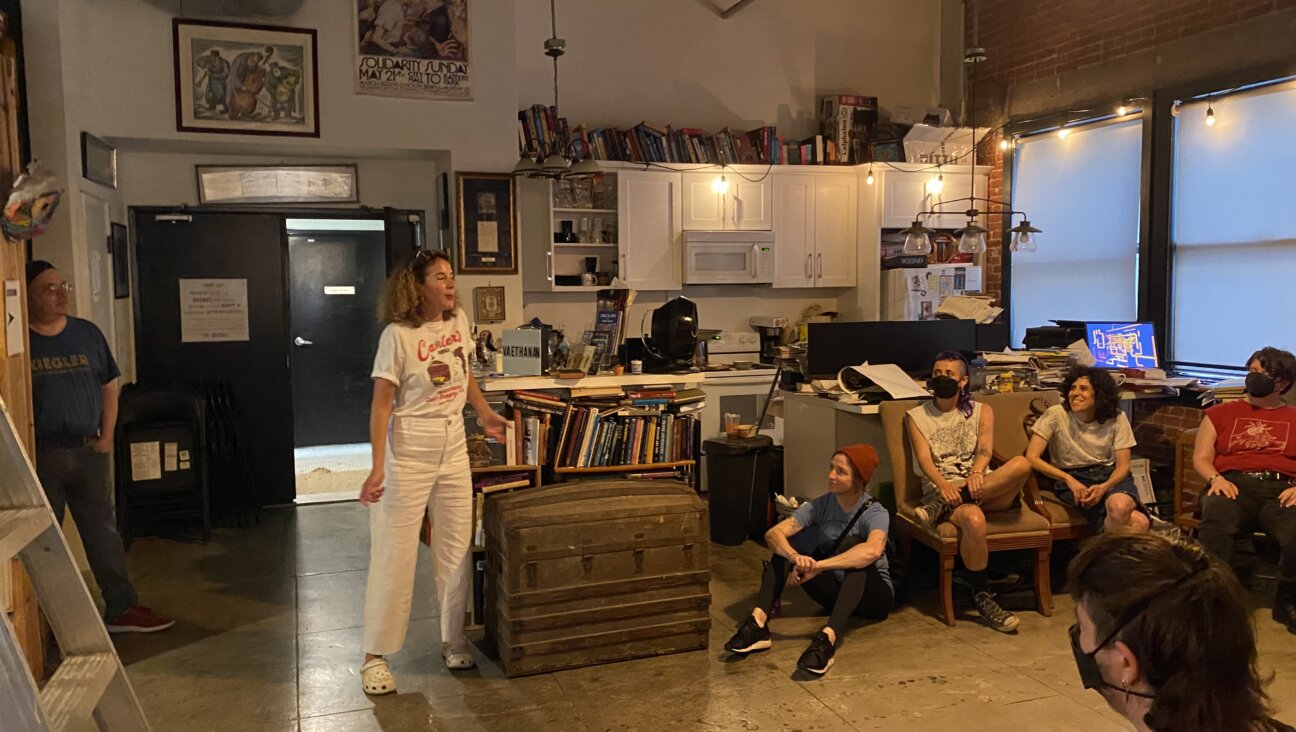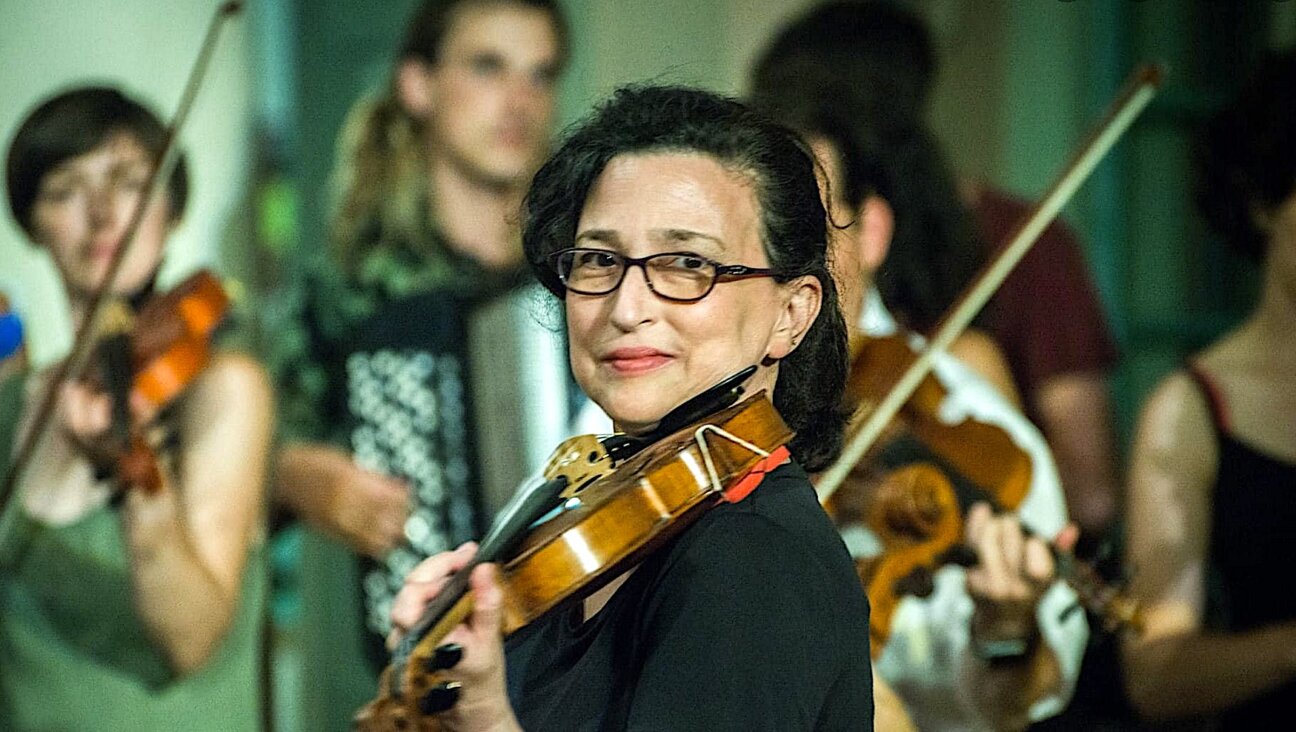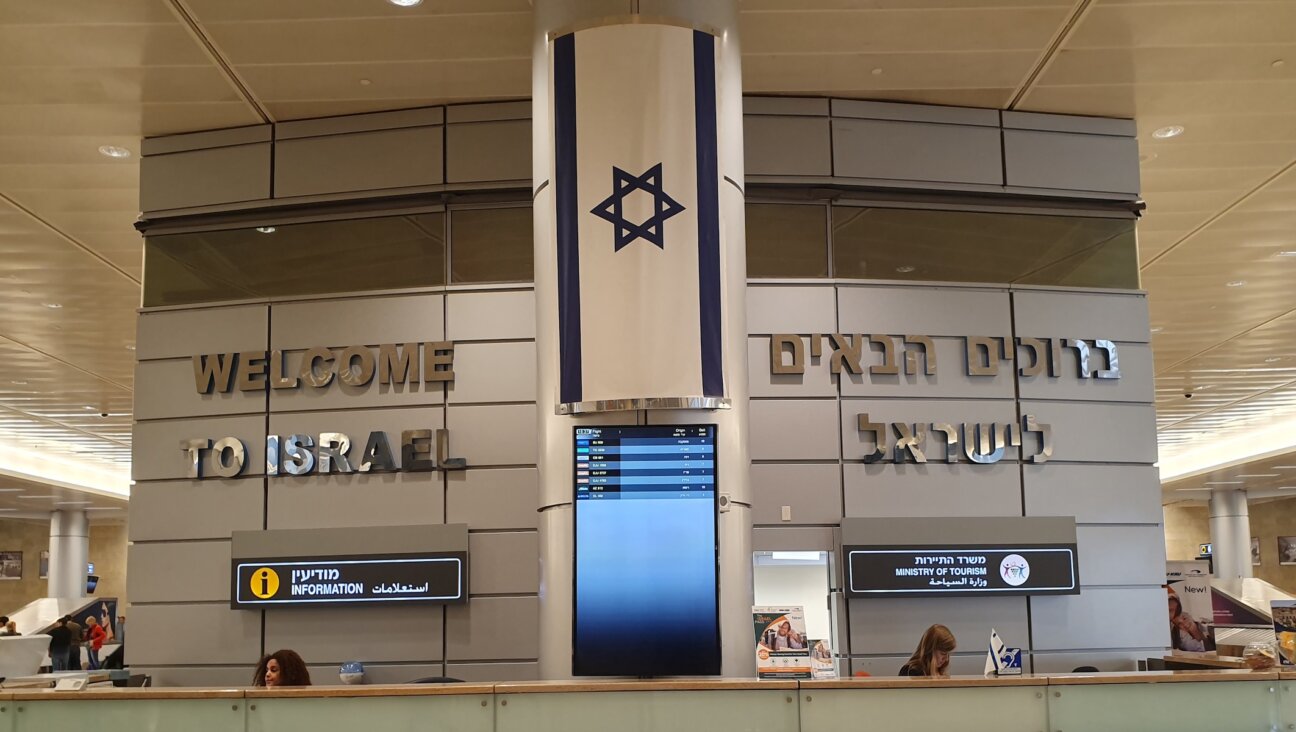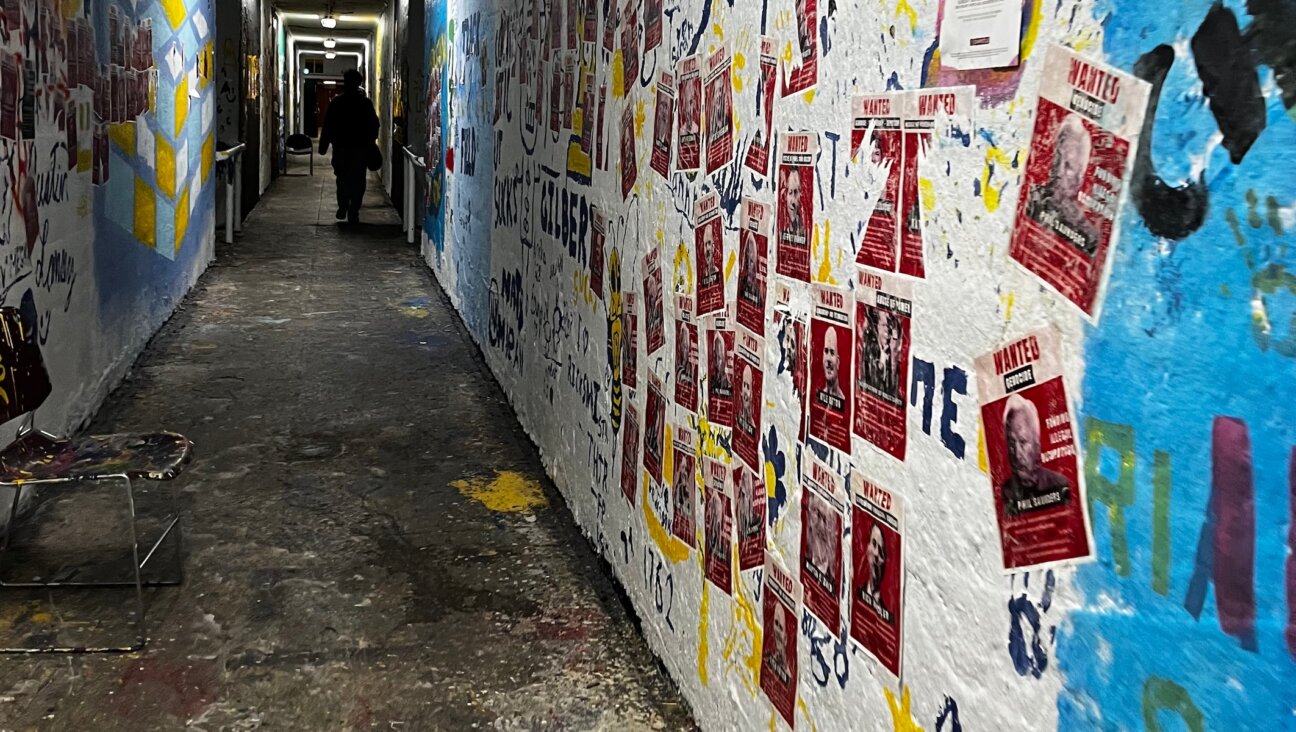The Israeli Embassy in Poland Can Do More to Win Friends For Israel

This article originally appeared in the Yiddish Forverts.
People living outside of Poland often don’t understand how crucial the Israeli ambassadorship is to the Polish people. In fact, Poland has a very special relationship with Israel. Most Poles will tell you that both nations have a common historical legacy. This is precisely why the embassy in Warsaw could play a pivotal role in shedding a positive light on Israel.
Unfortunately, the present ambassador, Anna Azari, did not attend two important ceremonies this year, both of them – Holocaust commemorations. Although she did reportedly have medical issues with a leg, it seems puzzling that she wouldn’t have appeared at either event, since they were three months apart.
One event was the Warsaw Ghetto uprising commemoration on April 19. It’s impossible to overestimate the importance of this ceremony for Poland, a country where history is a second religion. The Ghetto uprising commemoration would have been an ideal time and place to remind the Poles of a fact that‘s often forgotten these days: that in the year 1943, the only urban uprising in Nazi occupied Europe was led by young Zionists in Warsaw. True, the non-Zionist “Bundists” also took part in the rebellion but both commanders of the uprising, Mordechai Anielewicz and Pawel Frenkel, were ardent Zionists.
But it was a missed opportunity as Azari was a no-show. It was especially unfortunate because the highest Polish dignitaries did show up to pay their respects to the young Jewish men and women who had hoisted the Polish and Zionist flags in defiance of the German occupants, right in the heart of Warsaw. These days, when Zionism is compared to Nazism by the enemies of Israel, the Israeli ambassador could show up at the impressive ceremony to remind the audience of our proud history.
The Israeli ambassador was also absent at the Jedwabne commemoration on July 10. On that day in 1941, Poles burnt their Jewish neighbors alive in a locked-up silo. At this year‘s ceremony, we heard the touching words of Bishop Rafal Markowski: “We ask our Jewish brothers and sisters for forgiveness,” he said. That, too, could have been a special moment for the Israeli ambassador to witness.
The Forverts reached out to the Israeli ambassador for comment. “No need for an interview – no versions”, she answered in an email. “On April 19 our embassy was represented by our cultural attaché”. She then added: “FYI I already speak Polish.”
Azari’s absences are especially visible in light of her predecessor. Shevah Weiss, the Israeli ambassador in Warsaw from 2001 till 2004, proved how much could be accomplished, how much support can be achieved for the Jewish State among Poles if one has the ability and the will to do so. Weiss has become a megastar in the Polish media. He speaks fluent Polish. He’s likeable, has wit, and a delightful sense of humor. No wonder he’s become a frequent guest on television and radio shows.
One thing’s for sure: Weiss never failed to take part in important events that celebrate our common Polish-Jewish heritage.
Weiss also understood how crucial his job was. Bulgaria or Costa-Rica may be happy with average diplomats. Israel, unfortunately, is in the midst of a fierce diplomatic war. Consecutive surveys show that many Europeans believe that Israel has a negative influence on world affairs. In a recent report, Israeli state comptroller Yosef Shapira declared that the Israeli foreign-ministry has failed in its mission to protect the Jewish state against the vast anti-Israel campaign.
Reading the comptroller’s report, one can’t help but come to the conclusion that the Israeli foreign ministry has not worked out a comprehensive counter-offensive against the diplomatic war on Israel. Sadly, the Israeli embassy in Warsaw seems to be part of this ineffectual effort to defend the Jewish state on the diplomatic front.
No one expects Ambassador Azari to single-handedly fend off the diplomatic offensive against the Jewish State. Yet the question remains whether she has until now done all that she could.
A message from our CEO & publisher Rachel Fishman Feddersen

I hope you appreciated this article. Before you go, I’d like to ask you to please support the Forward’s award-winning, nonprofit journalism during this critical time.
At a time when other newsrooms are closing or cutting back, the Forward has removed its paywall and invested additional resources to report on the ground from Israel and around the U.S. on the impact of the war, rising antisemitism and polarized discourse.
Readers like you make it all possible. Support our work by becoming a Forward Member and connect with our journalism and your community.
— Rachel Fishman Feddersen, Publisher and CEO






















